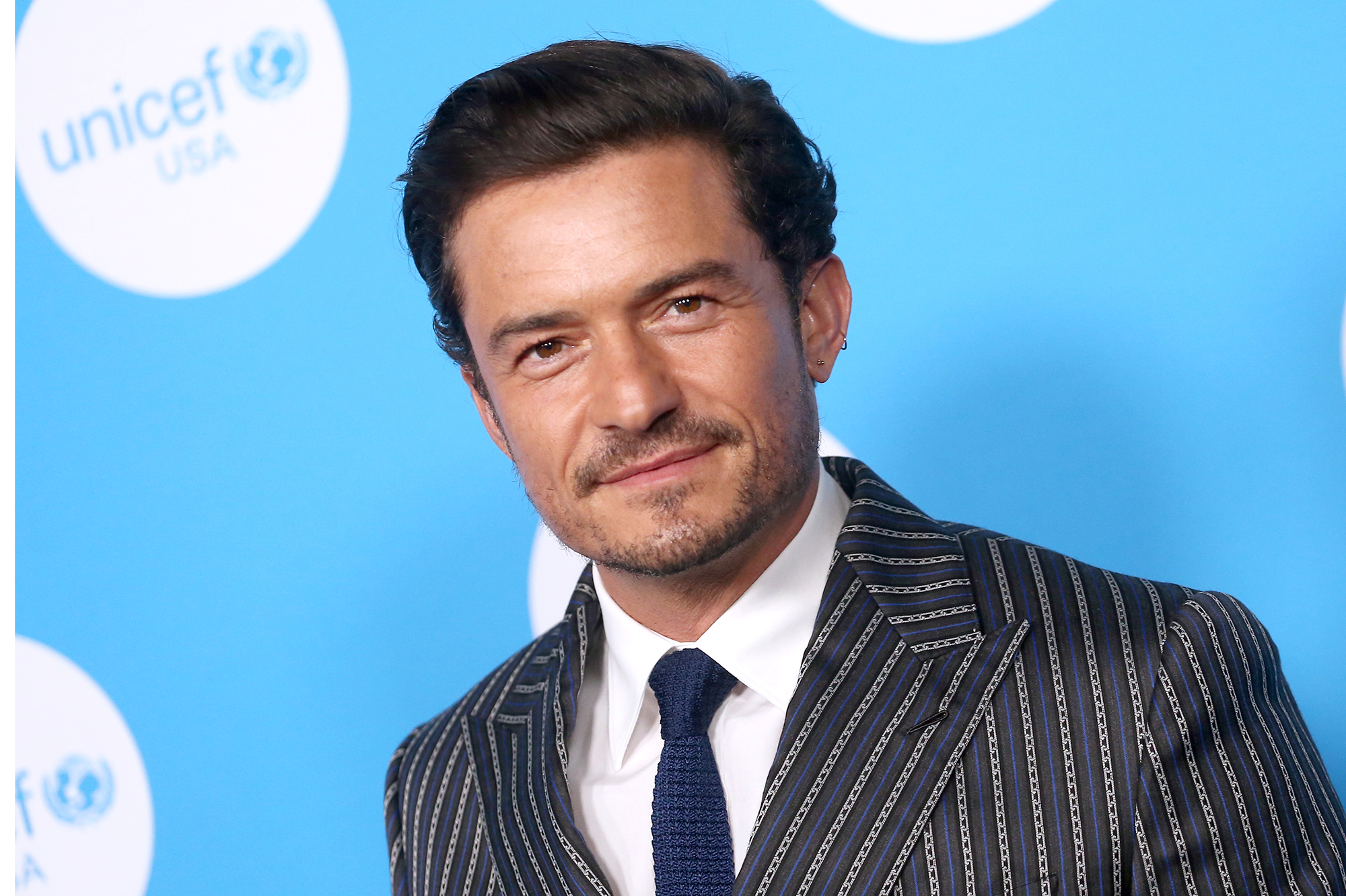The European Space Agency (ESA) finds it impossible to cooperate with Russia any longer in view of the developments in Ukraine. The partnership has been suspended for three planned lunar exploration missions. ESA is now looking for other partners.
The Russians, furious at the sanctions imposed in Ukraine since the start of the war, had already withdrawn their rockets that Europe wanted to take into space. The preliminary outcome is that not only very expensive European satellites, but also a mission to Mars will not get off the ground. “As if we are going back in time 30 years,” says astronaut André Kuipers.
ESA Director General Josef Aschbacher fears that science may be delayed by years. “And it will also cost a lot of money. We now have to build European or American missiles and also replace all Russian parts in joint equipment.”
Until now, space travel has been protected from all political developments. Until then. These are the consequences:
–
Cooperation with Russia was planned for the lunar missions Luna-25, Luna-26 and Luna-27. Missions intended to test instruments – in collaboration with the Russian space agency Roskosmos. And in September, a joint mission would put a new riding robot on Mars. Both missions are canceled because ESA found them incompatible with sanctions against the Russians.
Countries that don’t get along very well on Earth, such as Russia and the US, often work well together in space. According to Kuipers, the international space station ISS, in which Japan, Europe and Canada also participate, is a great example of this. “We all started building that space station. Built for the benefit of the whole world by all of us. By countries that used to war with each other.”
Kuipers had hoped that the space station would continue to exist as a neutral area. Talks about politics were avoided even when he was there ten years ago. “When I spoke to Russian colleagues and it went towards Putin, they became silent. They avoided the conversation. There is a culture of fear; they are afraid for their career, their future. You notice that and then it is immediately enough. There so we’re not talking about it.” But the question is whether that will remain the case. Russia has threatened to pull the plug several times.
more robust
ESA now wants to pick up the canceled missions together with other space agencies. Suspending cooperation with the Russians is also a reason for ESA to think better about Europe’s strategic independence. “I don’t need to explain that independence is even more important today than maybe two months ago. We should be able to put satellites into orbit on our own, for example,” says Aschbacher.
Astronaut Kuipers has great confidence in it. “The western world is already doing commercial space exploration. We can do a lot of things without the Russians. We need other rockets, but we can do it. The question is what the Russians are going to do. It could very well be that the role of the manned spaceflight before Russia is over. Then they have cut their own fingers.”
In the long term, the ESA sees a positive side to the developments. Aschbacher: “European space will become more robust, autonomous and resilient. We are making difficult decisions now, but in the long term we will certainly benefit from this experience.”
Then more unity is needed, thinks Kuipers. “At NASA there is patriotism. If an Italian astronaut is launched in Europe, they are not really impressed in Finland. They continue to struggle to make politicians understand how important space travel is. It would be very nice if we as Europe would no longer be dependent on other countries.”
–


